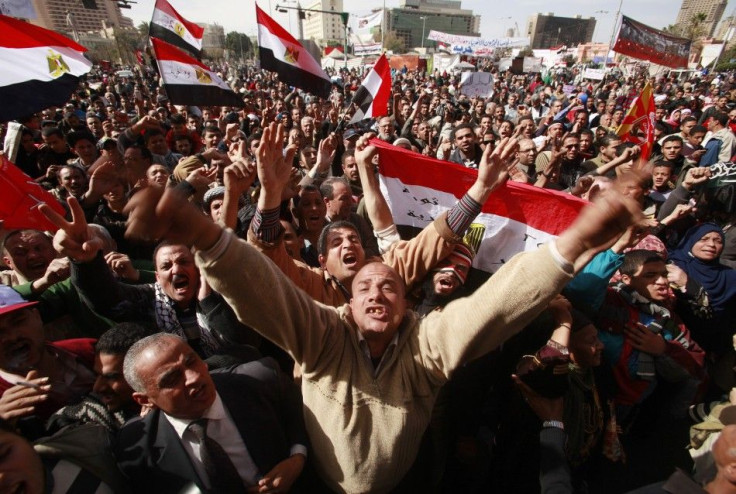Egypt's Confused Policy May Hinder Recovery

Saudi Arabia's statement that its promise of financial aid to Egypt has beenheld back by the latter is at odds with earlier remarks made by the Egyptian Prime Minister, who lambasted foreign donors for failing to honor their pledges, according to a report.
Capital Economics - a macroeconomics research consultancy - reports that, coupled with the ambiguous statements from Egyptian authorities over the IMF’s loan package, this does not bode well for Egypt’s recovery.
The Capital Economics report has pointed out that since last year’s revolution, some $20 billion in financial assistance has been pledged to Egypt by international donors and Gulf countries under different schemes. But only around $1.5 billion has so far materialized. The report states that this was of course largely due to Egypt’s earlier rejection of some $4.3 billion in funding from the IMF and the World Bank. The Saudi Foreign Minister’s comments, although denied by Egypt’s Finance Minister, are another example of confusing signals.
Middle East Economist of Capital Economics, Said Hirsh, has stated that the Egyptian authorities’ earlier claims that the IMF’s help is unconditional seem to be at odds with the Fund’s own account. For a start, the IMF has indicated that its package is conditional on Egypt’s ability to secure funding for the remainder of its external funding needs.
Securing IMF help will be crucial for Egypt to meet its $11 billion in external financial needs for two reasons, according to Capital Economics. First, foreign donors, including some of those in the Gulf, had indicated that they are unlikely to provide financial assistance without the IMF’s involvement. Secondly, international investors’ confidence would be boosted and foreign capital flows could return.
Going by the report, Egypt’s failure to secure external funding meant that the central bank had to use nearly $20 billion of its foreign currency reserves (55 percent of the total) to maintain the value of the currency.
According to the report, with foreign exchange reserves barely enough to cover three months worth of imports, the central bank is left with rate hikes as its only weapon if it chooses to maintain its defense of the currency. However, there is a limit to the effectiveness of interest rates and, as things stand, a devaluation still seems to be the most likely outcome.
© Copyright IBTimes 2025. All rights reserved.





















